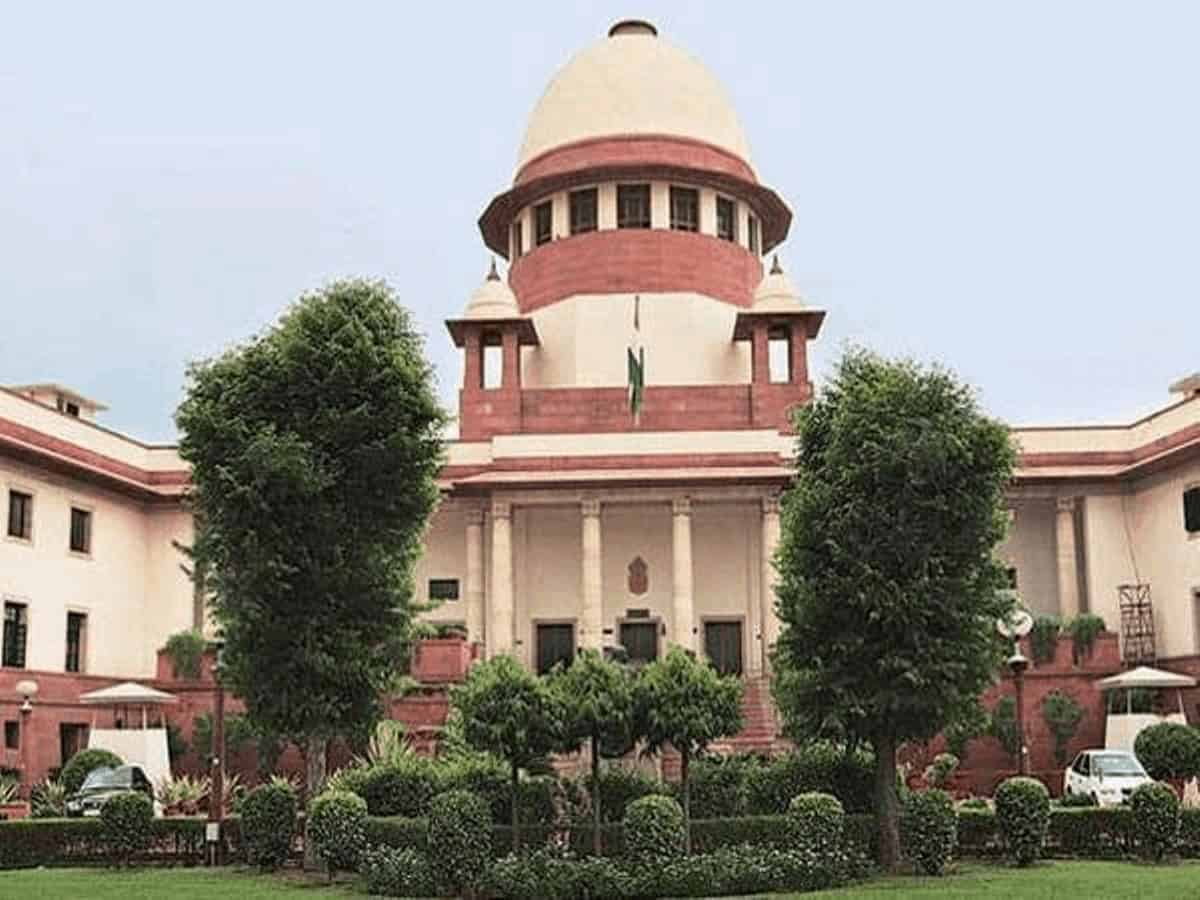New Delhi: The Supreme Court on Friday issued a notice to the Uttar Pradesh government on a plea seeking quashing of the notices issued by the state administration to recover the damage to public property caused during the protests against Citizenship Amendment Act.
A division bench of Justice DY Chandrachud and Justice KM Joseph asked the Uttar Pradesh government to file its response within four weeks.
The court was hearing a plea, filed by petitioner advocate Parvez Arif Titu, seeking appropriate directions for setting up an independent judicial enquiry to probe the incidents during the protests against the CAA and NRC in Uttar Pradesh.
The plea stated that in an “arbitrary manner” notices were sent in Uttar Pradesh to a person, who had died six years ago at the age of 94. Recovery notices were issued to two others who are aged above 90, the plea claimed.
Seeking a stay on the notices, the petition stated that notices have been sent to persons who have not been booked under any penal provisions neither have any criminal offences been made out against them.
Senior advocate RB Singhal, appearing for Titu, contended that recovery notices were based on an Allahabad High Court judgement passed in 2010 which is in “violation of the guidelines” passed by the Supreme Court in a 2009 judgment which was later re-affirmed in a 2018 verdict.
The plea, filed through advocate Nilofar Khan, stated, “The contradiction is that while the Supreme Court in 2009 put the onus of assessment of damages and recovery from the accused on high courts of every state, whereas the Allahabad High Court had issued guidelines in 2010 judgement that let the state government undertake these processes to recover damages, which has serious implications”.
The petition also sought a direction to the Uttar Pradesh government to follow the procedure as per the 2009 and 2018 guidelines of the top court while claiming damages to recover the losses caused to public property during such protests.
The petition said that as many as 925 persons, who have been arrested in the matter, “may not get bail easily until they pay the losses”.

